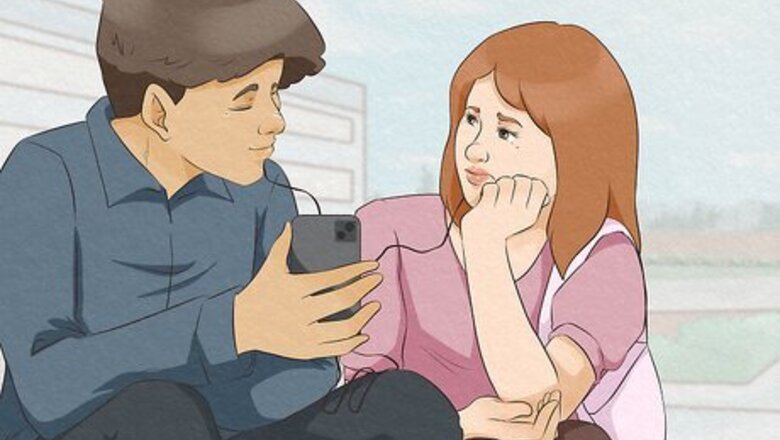
views
19 Love Theory Explained
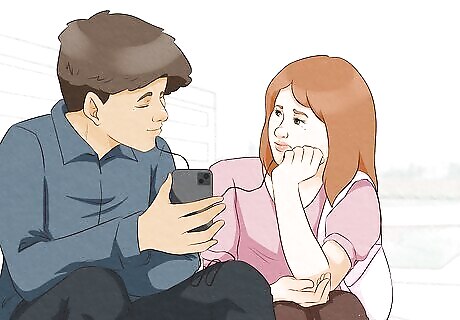
The 19th Love Theory says whoever you date at 19 isn’t the one. Specifically, they’re not the one and they’re going to break your heart more than anyone else ever will. This theory holds that whoever you’re dating at 19 is not “the one” and that however good your relationship may be at the time, it will ultimately end in heartbreak and despair. A lot of people interpret the 19th Love Theory to mean that your relationship at 19 will be the most toxic of your life. The person you’re dating is supposed to be ultra-manipulative and narcissistic. According to TikTok user rustbeltrants, the person you date at 19 will be the "villain origin story person of your love life." Where does the 19th Love Theory come from? The theory originated on TikTok sometime in 2023, although we haven’t been able to find the first user to come up with the idea. Experts generally agree that any “19th Love” instances have more to do with heartbreak feeling more intense when you’re young, more so than anything being uniquely bad about 19-year-olds.
Is the 19th Love Theory true?
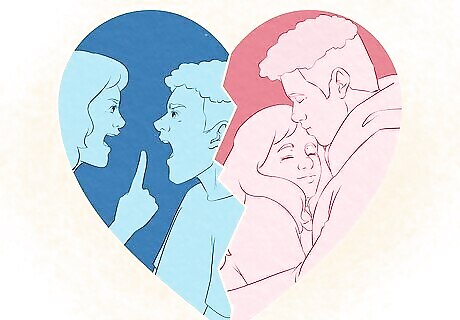
No, but it is true that relationships can be volatile when you're young. There is absolutely no evidence that whoever you’re dating at 19 is going to be the most toxic person you ever date. That said, it is true that the younger you are, the more likely you are to encounter a volatile relationship. You just don’t have a lot of life experience at 19 (which is normal!), which means things like conflict and jealousy can really get out of control in your relationships. Just because dating at 19 might be prone to more chaos or conflict, it doesn’t mean that you should ever tolerate abuse or toxic behavior with your romantic partner. Many TikTok users in their early 20s, like henry_grey_earls, post videos about how they think the theory is absolutely true when they look back on the relationship they had at 19. The theory doesn’t make sense logistically. Let’s say the person you date at 19 is the most toxic and manipulative person you’ll ever meet. If they’re also 19, that would make you the most toxic and manipulative person they’ll ever date! Do you think you’re the most toxic person of all time? We don’t, either! The theory basically states that everyone is toxic at age 19, which is a bit ridiculous.
Why is 19 a difficult age for finding love?

19 is an age where you’re still finding out who you are. Stable relationships generally require two people who are confident and self-assured in who they are. At 19, you’re still not sure what your career will be, what you want in life, or what you want in a future family. All of that combines to make 19 a rough time for finding true love. That doesn’t mean you can’t find love at 19! Despite all of the potential barriers, people find “the one” at 19 all the time. The odds may be against you, but you never know when you’re going to find your soulmate.

You don’t have a lot of experience when you’re 19. One of the goals of dating is to figure out what your perfect partner looks like. If you have 5 relationships that end over the course of a few years, that’s 5 data points you now have. You learned a lot of important things about what respect looks like, what romance means, why intimacy is important, etc. Without a ton of dating experience, it can be hard for a 19-year-old to know if they’re in a healthy or “good” relationship or not. A lot of relationships are meant to end, and that’s okay. Dating a lot is a good thing. You learn a lot about yourself by dating different people, so don’t push yourself to make whatever relationship you’re in “the one” if it isn’t meant to be. Breaking up sucks—no doubt about that—but sometimes you have to break some eggs to make an omelette.
What is the 3 Loves Theory?
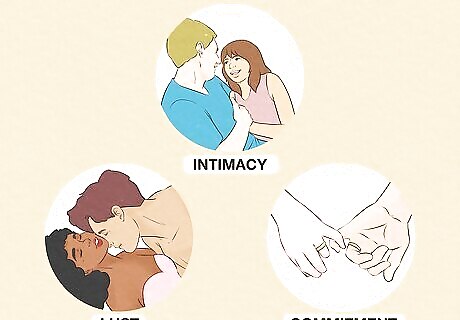
The 3 Loves Theory holds that there are 3 distinct types of love you’ll find. The 3 Loves Theory is the idea is that everybody has 3 specific and unique types of love they’ll encounter in life. There’s the lustful, puppy love relationship when you’re young, the intensely intimate and authentic relationship when you’re older, and the deeper, committed love you find when you settle down. The 19th Love theory loops in quite nicely with this theory of how the lifelong search for love works. Where does 3 Loves Theory come from? This idea was coined by anthropologist Helen Fisher, who noticed that every relationship follows 3 stages: lust, intimacy, and then commitment. Is 3 Loves Theory true? Probably not, but like 19th Love Theory it follows a certain logic that makes a lot of sense. You’re more likely to prioritize physical attraction when dating as a young person, and more likely to prioritize stability and comfort when dating as an older person.
Expert Advice for Dating When You're Young
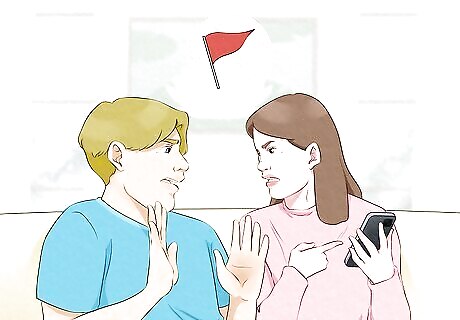
Look for potential red flags early and often in new relationships. Dr. Brown says, “It is not uncommon for lovebirds to overlook the obvious warning signs. We like to justify and cleanse any appearance that may be unbecoming of our partner. When we are infatuated, it is as though we are under a spell, completely enamored with another. It is our infatuation that masks the red flags, causing us to be blinded to their egregious behaviors. These behaviors have a high probability of proving toxic.” Red flags include: Controlling behavior (like refusing to let you see friends or wear what you want) Excessive jealousy Lying Isolating you from friends or family (like not “allowing” you to see a certain friend) Name-calling Ignoring your boundaries (like doing things you asked them not to do already)
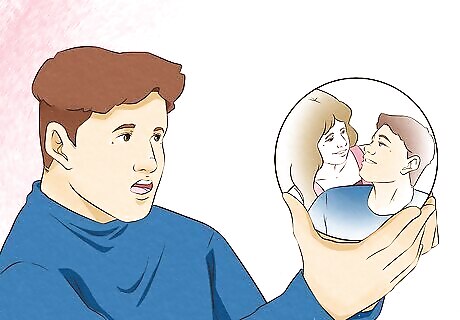
Appraise new relationships again after the honeymoon phase ends. Dr. Brown explains, “The honeymoon phase begins to fizzle the moment the spark begins to fade. A majority of relationships will find themselves down a road that the sheen has tarnished, and the newness wears off. As the relationship matures, the relationship begins to experience a more comfortable, relaxed, and less performance-based relationship.” Is it a bad sign if the honeymoon phase ends? No, just the opposite! It’s healthy for the honeymoon phase to end. Relationships should grow beyond raw physical passion and puppy love. If you find your relationship becoming more “predictable,” don’t take it as a bad sign. It just means you two are growing together!
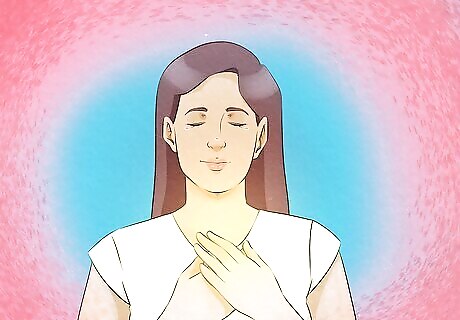
If you break up, try to let go of any anger you have for your ex. Dr. Brown points out that you’ll only be able to move on if you move past the anger that you experienced at the end of the relationship. He says, “Relationships can prove messy at times, and ending them is even more so. Ideally, the end of the relationship should be cordial, respectful, and, most of all, accepting. The truth is, breaking up is hard to do, so we must be prepared for a wide array of emotions.” Here’s some advice on letting go: Forgive yourself for being angry. It’s normal to be ticked off if someone has treated you wrong, so don’t be mad at yourself. Take the time you need to be angry. It’s also normal to be furious if someone you used to love did you dirty, so if the wounds are fresh, don’t hesitate to let your anger out (in a healthy way!). Give it time. Nothing heals love’s wounds more than time. It’s okay if you feel like a mess right now—that will totally change as time goes on.
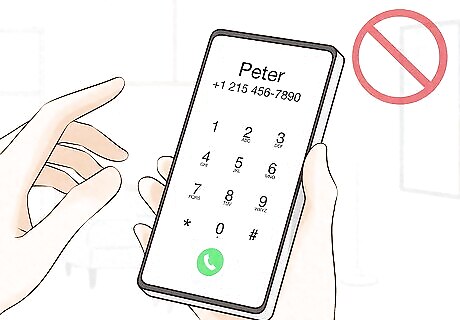
Ignore the urge to immediately get back together. Chan breaks it down like this: “Once you understand what's happening in the brain, you'll realize that feeling sad and missing your ex after a breakup is natural. The same flood of chemicals that cause you to be blissfully in lust during the beginning stages of love are the exact same chemicals that cause you to painfully suffer when it ends.” This doesn’t mean you can’t ever reconnect. As a rule of thumb, double the amount of time you were together before reaching out again. So, if you dated for 18 months, wait 3 years before reaching back out.

Take plenty of time for self-care. In the midst of a breakup, Chan recommends taking a self-care break. She says, “It is recommended to take time for yourself after a breakup. Immediately after a breakup, self-care, self-compassion, and community support should be a focus. A breakup can feel traumatizing, and it's normal to take time to grieve, process, and get back to equilibrium.” Go see your friends. Lean on your support system. You’ll feel better hanging out with your friends and family. Treat yourself. Go to your favorite restaurant, splurge on that fancy bottle of wine, and take a day off work for a spa day. Try to avoid letting yourself stay sad. As hard as it can be, try to trick yourself into not being sad by refusing to be upset. Go through your daily routine and “fake it until you make it.” You’ll feel better in no time.
Final Thoughts
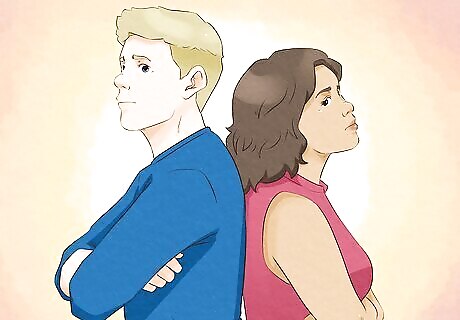
19th Love Theory is an interesting way to look at young love. The underlying premise surrounding the logic of 19th Love Theory makes a lot of sense—dating is hard when you’re young because emotions run hot and you don’t have a lot of dating experience. That said, there’s no truth to the idea that whoever you date at 19 is going to be the most toxic person you ever date.











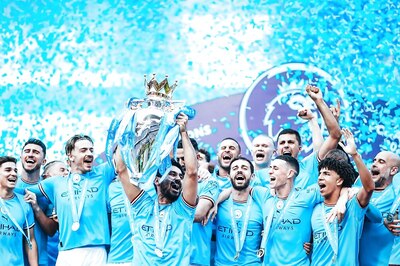








Comments
0 comment